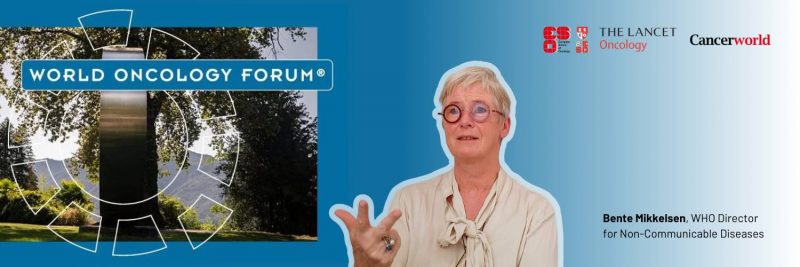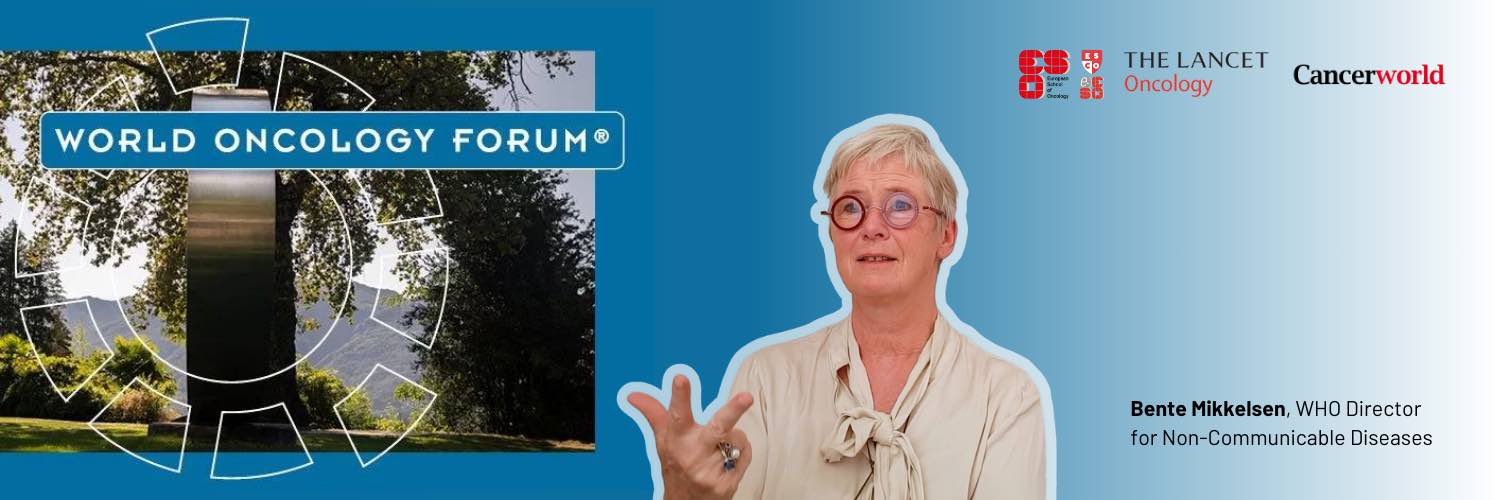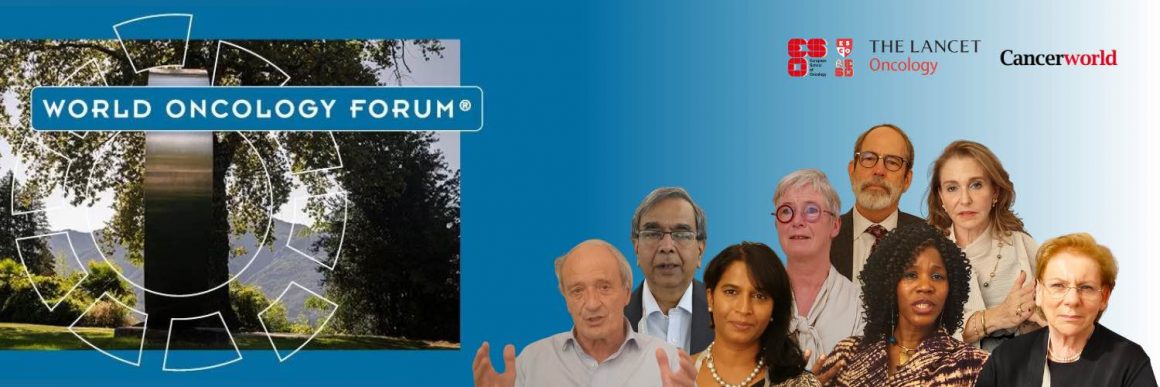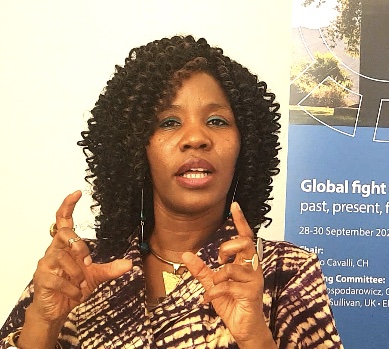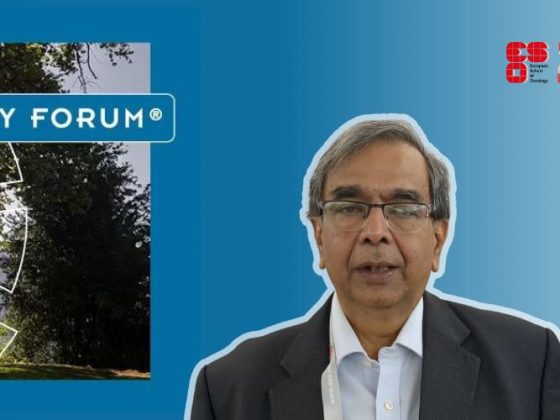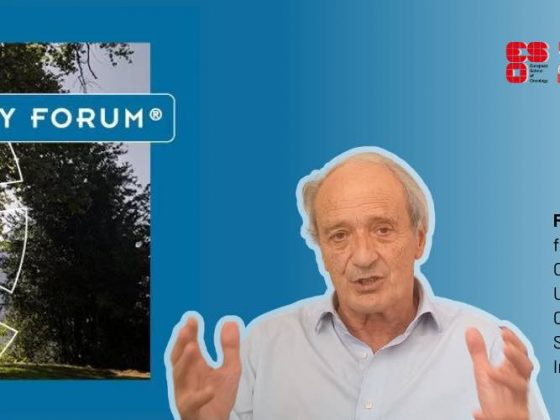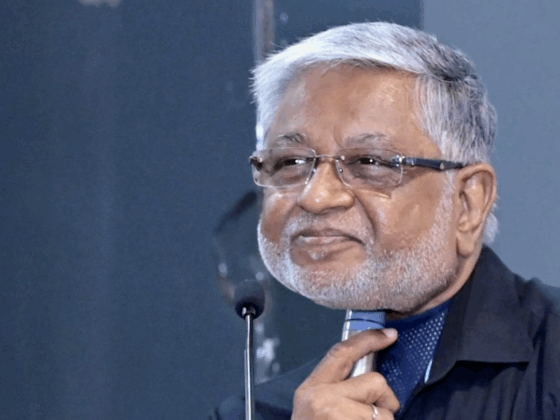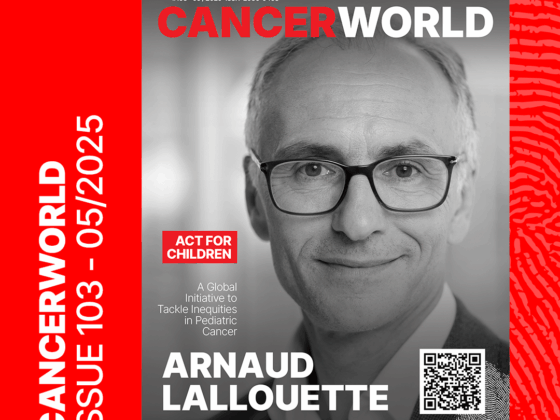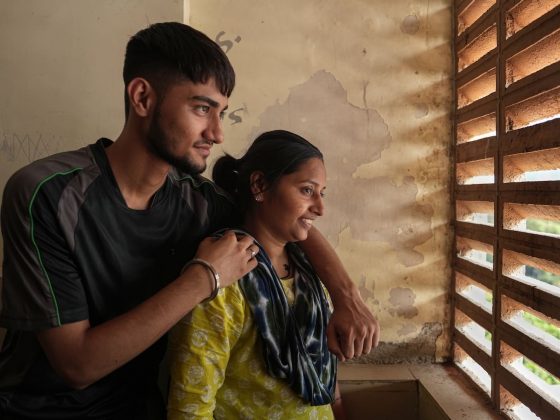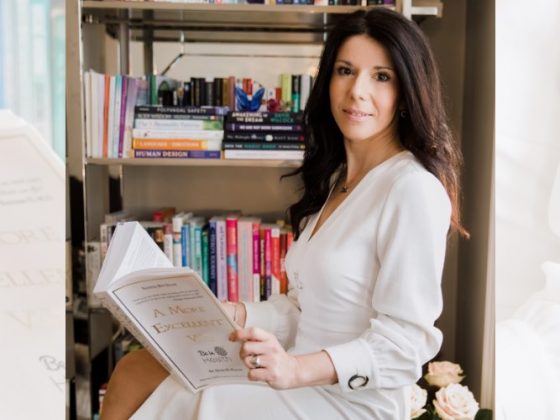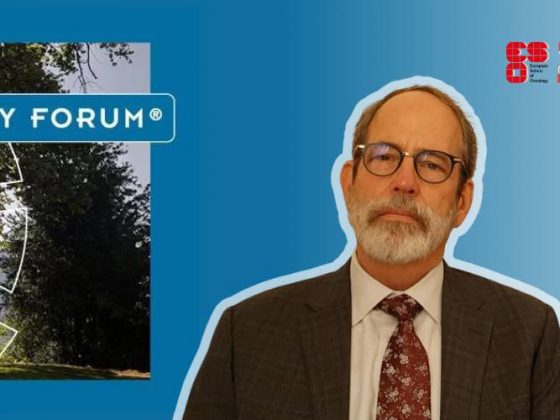What progress can we point to? I think it has been a fabulous 10 years. We’ve really seen that the awareness and global political commitment is much stronger than 10 years ago.
We have much better data, we publish the data, people have no excuse for not using the data. Partnerships, the organisations, are really flourishing. And people living with and affected by cancer are engaged in a very different way than we saw 10 years ago.
Where are we failing? The main shortcoming is that we don’t have financial protection for cancer. We have so much out of pocket payments, which is leading to catastrophic household situations. In many countries, especially women are having to choose between buying food or getting treatment, if they have access at all. Treatment and diagnostics for cancer is not yet included in universal health coverage [UHC] benefit packages.
I also believe that we still need to improve the way we address the full range of what we need to do – from health promotion to early detection, management, palliative care and rehabilitation and disability. There are many people working on one or the other, but their work is fragmented and needs to be better aligned.
What should we be advocating for today? We need to continue to raise the political awareness for cancer, and use the political momentums, for example around COP28, which is about environmental crisis, which includes the impact of air pollution, for instance, on lung cancer. We need to use the gender agenda to really raise the awareness of the particular burden of cancer on women as patients and care givers. We need to use the next high-level meeting on NCDs coming up in 2025 to renew the commitment from heads of states and governments and ministers of health and other ministers. But we should also think through what is needed to ensure we have accountability. We need to simplify the metrics on what success looks like. So we can add some of the cancer success criteria into the UHC index, for example, which is the way to measure success. So that is about global leadership.
We also need to scale everything we know at country level. There is no excuse anymore. And to achieve that we need international funding. Many countries need seed funding to start to develop their cancer systems, though in the longer term there has to be a huge domestic component of funding – it has to go into UHC and the benefit packages.
This was one of eight interviews with participants of the World Oncology Forum that were conducted by Cancerworld. Click on the links below to see what the others had to say.
Advocating for accessible cancer care in the global South: are we doing this all wrong?
Nirmala Bhoo Pathy, Public health physician, University Malaya, Kuala Lumpur
“What is not being discussed is how do we improve wellbeing?”
See interview summary | See video
Miriam Mutebe, Breast cancer surgeon, Agha Khan University, Nairobi, and President Elect of AORTIC, the African Organisation for Research and Training in Cancer
“We need to think critically about how our healthcare system can deliver the best for patients”
See interview summary | See video
Felicia Marie Knaul, Co-chair of the Lancet Commission on Cancer and Health Systems, Sylvester Comprehensive Cancer Center and Director of the Institute for Advanced study of the Americas, University of Miami, Florida, President of the Mexican breast cancer advocacy group Tómatelo a Pecho
“In this post-Covid world we have the opportunity to harness technology in ways that we have never seen before”
See interview summary | See video
Srinath Reddy, Founder and Past President of the Public Health Foundation of India
“We need to make care affordable and strengthen our health workforce so we have people who can deliver the wide range of services that are needed”
See interview summary | See video
Franco Cavalli, Founder & organiser of the World Oncology Forum, past Chair of the Scientific Committee of the European School of Oncology, past President of the UICC
“We need another approach, where governments, public spending, taxes, together with development banks play the overarching role in financing the global fight against cancer”
See interview summary | See video
Ben Anderson, Breast Cancer Surgeon, WHO Global Breast Cancer Initiative lead
“Our role is not to tell everybody what to do; it’s to create tools so they can do this in the way that is most effective in their environment”
See interview summary | See video
Mary Gospodarowicz, Radiation oncologist at Princess Margaret Cancer Centre, University of Toronto, co-chair of the Lancet Commission on Cancer and Health, Past President of the UICC
“We’ve been talking to decision makers for 20–30 years. It hasn’t worked. I think we now have to engage better with the public”

